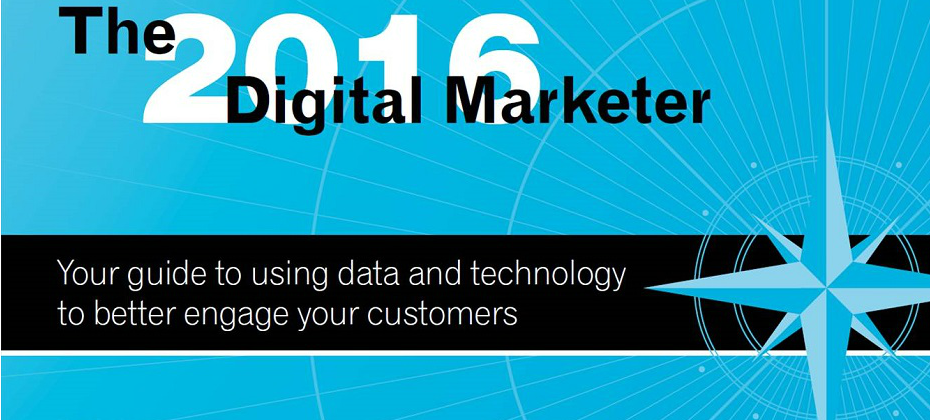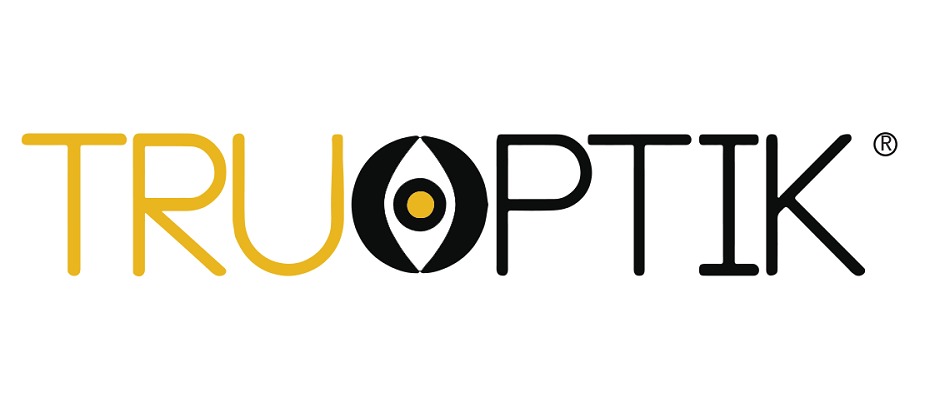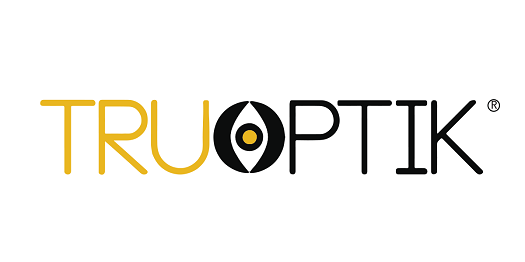
On Tuesday, Experian held a press conference and ribbon cutting ceremony with San Diego Mayor, Kevin Faulconer to announce and celebrate the expansion of the data and innovation lab in North America.

Experian has expanded its growing North America DataLabs in San Diego to further innovation and enable leading data scientists to help clients and businesses solve strategic marketing and risk management problems through advanced data analysis processes, research and development.

Experian Marketing Services released its 2016 Digital Marketer Report. The eighth annual study reveals the challenges, priorities and other key issues impacting marketers worldwide.
![[Infographic]: Off-lease Vehicles Surge Back into the Market](http://www.experian.com/blogs/news/wp-content/uploads/2016/04/Feature-Leasing-Image1.png)
As automotive leasing trends to new heights, a rapid influx of off-lease vehicles are returning to market. Experian Automotive’s latest infographic explores the surge in off-lease vehicles, including which models and vehicle segments are most popular.

 Tru Optik, the only audience measurement and data management platform built for OTT and Connected TV, has partnered with Experian Marketing Services to offer a service providing real-time census-level viewer data for over-the-top (OTT) TV programs and ad exposure across all screens. Tru Optik clients will be able to measure and segment content and ad exposure based on lifestyle, demographic and purchase behavior powered by Experian’s ConsumerView marketing database.
Tru Optik, the only audience measurement and data management platform built for OTT and Connected TV, has partnered with Experian Marketing Services to offer a service providing real-time census-level viewer data for over-the-top (OTT) TV programs and ad exposure across all screens. Tru Optik clients will be able to measure and segment content and ad exposure based on lifestyle, demographic and purchase behavior powered by Experian’s ConsumerView marketing database.

In recent years, leasing has strongly returned as an option for consumers to choose when looking to get into a new vehicle and maintain an affordable monthly payment. Experian Automotive’s latest infographic examines the lift in leasing, as well as key attributes in the auto finance market.


